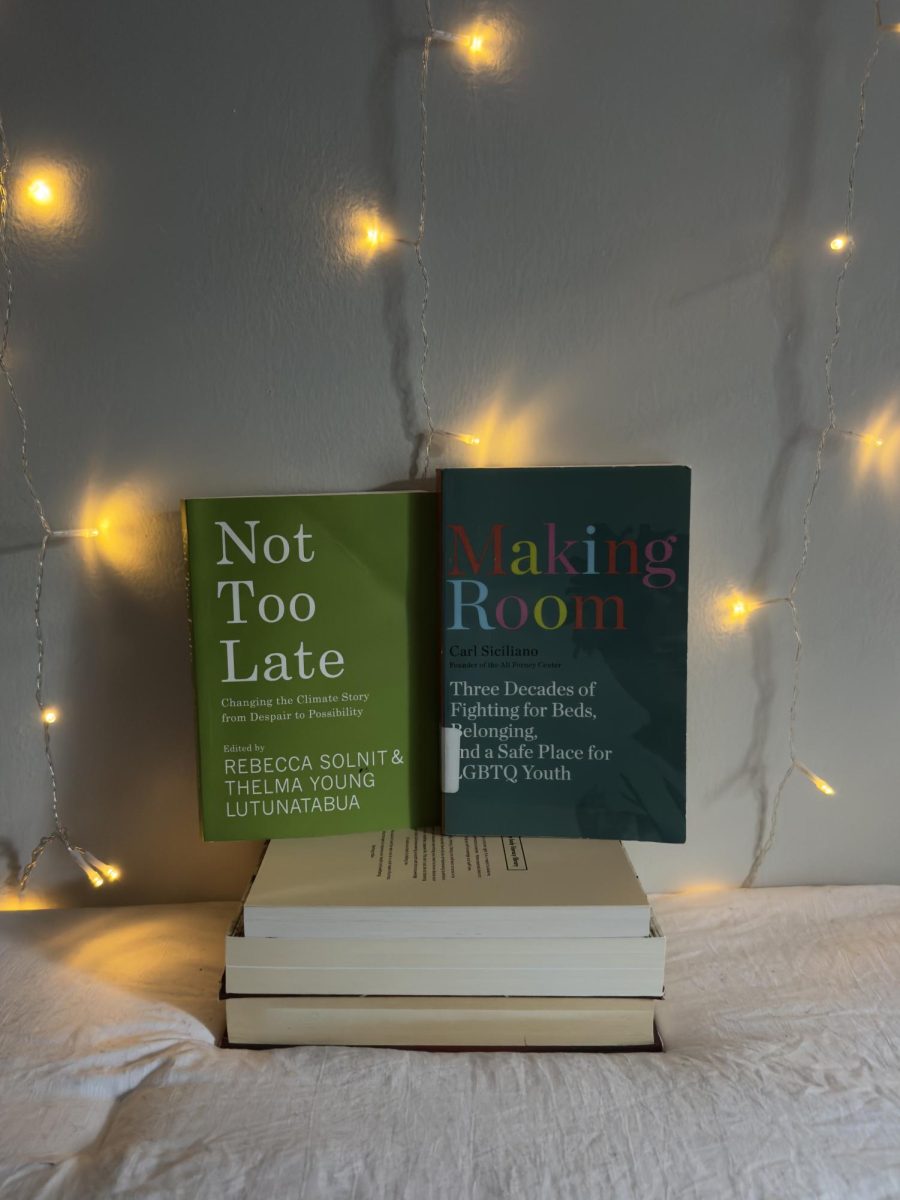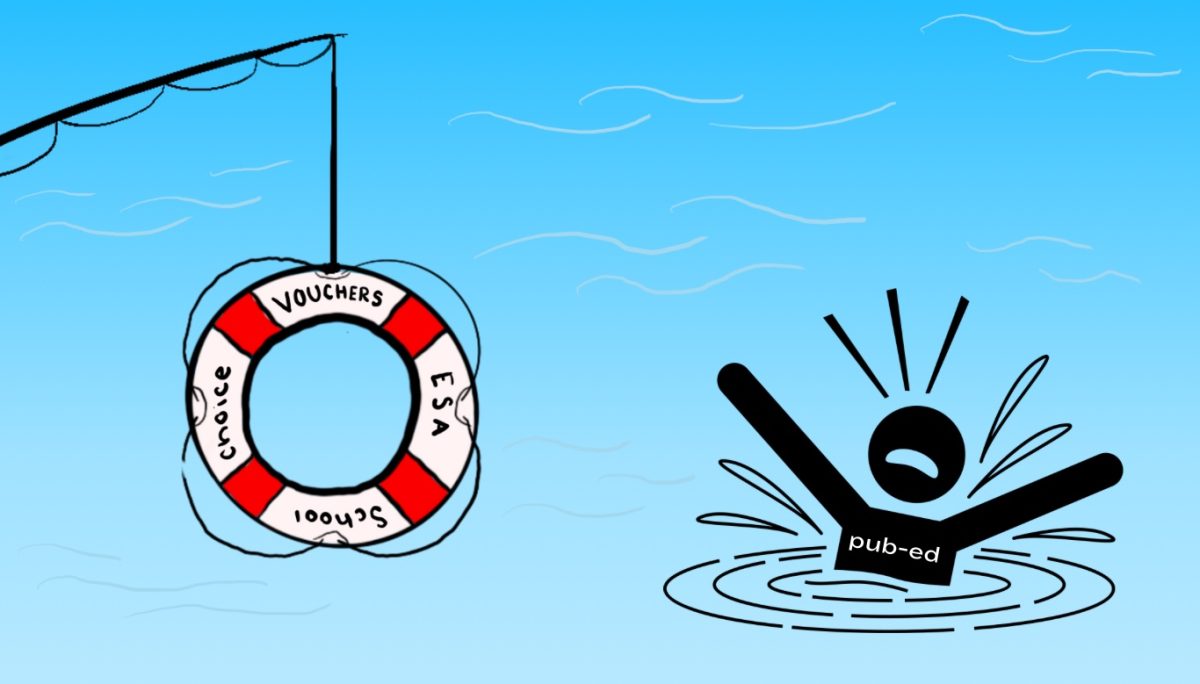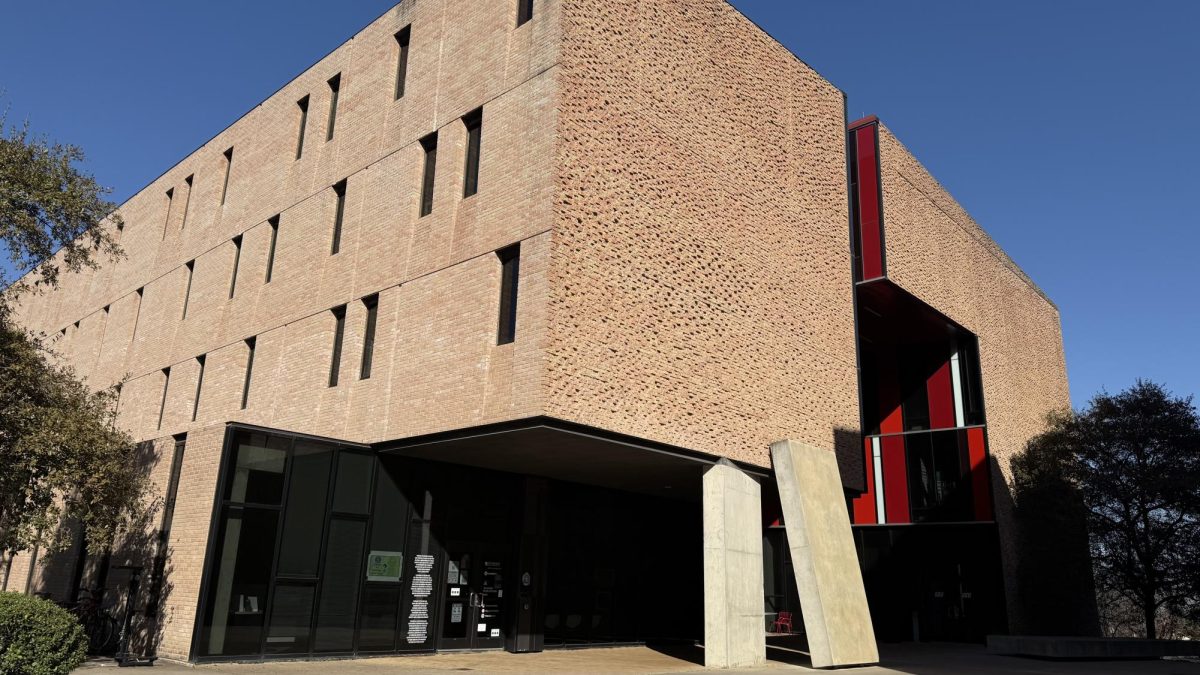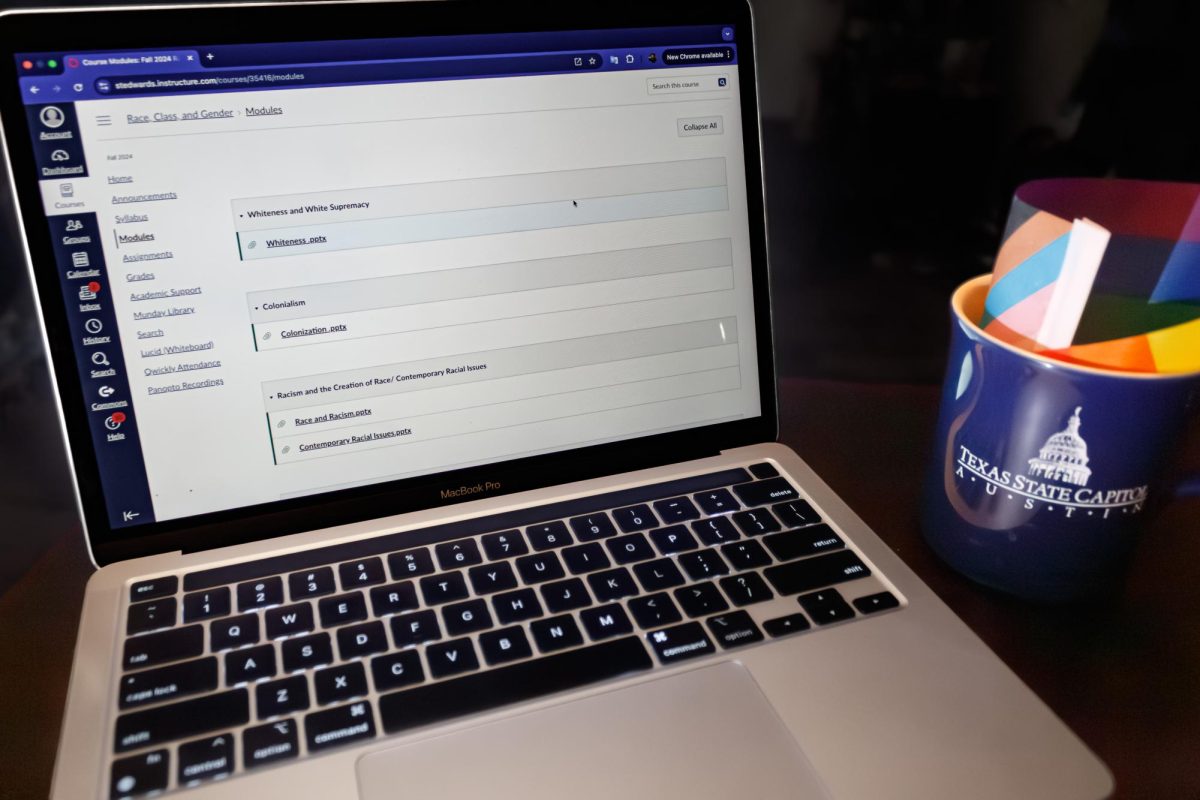Starting college feels like being dropped into an entirely new world. You’re suddenly surrounded by thousands of people your age, all trying to figure themselves out at the same time you are. Some walk around campus like they know exactly what they’re doing; others are secretly panicking about their first syllabus. Now that I’m a senior, I’ve had enough time to learn what matters, what doesn’t and what I wish I had figured out sooner. Consider this your unofficial starter pack for navigating the ups and downs of college life.
Academics are important — but they’re not everything
If you’re someone who was stressed over every high school assignment, you’ll probably feel pressure to keep a perfect GPA. Don’t get me wrong, showing up, learning the material and taking your coursework seriously matters. But here’s the reality check: you’re more than your grades. The skills that will carry you beyond graduation, such as time management, problem-solving and clear communication, often come from experiences outside the classroom. Do your best, but don’t let numbers on a transcript consume you.
Find your people, but don’t force it
Movies make it look like you’ll meet your lifelong best friends during orientation week. In real life, it takes time to find your crowd. Be open to different groups, classes, clubs, or even the random people you end up next to in the dining hall. You don’t need dozens of friends to have a great college experience, you just need a few solid people you can rely on and remember that friendships shift. Who you hang out with your first year might not be who you graduate with, and that’s completely normal.
Get involved, but leave room to breathe
The involvement fair will tempt you to put your name on every email list. Do yourself a favor: resist. Pick one or two activities that genuinely excite you and commit to them. It’s better to be deeply invested in a couple of groups than to burn out juggling five. That said, don’t be afraid to step into something new; you might surprise yourself with what you end up enjoying.
Professors are more approachable than you think
This one took me way too long to realize. Professors want you to succeed, and many are thrilled when students show interest beyond the lecture. Go to office hours, ask questions, or even just say hello after class. These relationships can turn into mentorships, recommendation letters, or at the very least, a good conversation with someone who’s passionate about what they teach.
Balance isn’t perfect — and that’s okay
College life often feels like chaos. One hand balancing assignments, the other might be holding down a job, and all the while you’re trying to balance friendships, family and your own free time. Spoiler: you will drop things sometimes, and that’s okay. The key is learning how to adjust without burning out. There will be nights where you might’ve missed out on some sleep or meals from studying or an assignment you had to do. Just make sure you’re still doing the things you like to do that help you decompress and relax. Whether that be taking a walk, hitting the gym or whatever eases your mind. Those are the foundations that keep you from crumbling when everything else piles up.
Don’t let failure discourage you
Here’s one of the hardest lessons: you will fail at something. A test, a job application, a friendship, maybe even your original major. That doesn’t mean you’re failing at college, it means you’re learning. Don’t let a bad test or assignment ruin your day, as it will happen. Just find out how you can improve from that and move on to the next assignment. Maybe you find out you want to switch your major. That is ok — it’s better to find these things out early than later. College is all about figuring out who you are as we all move into adulthood.
Use the resources around you
Here’s one of the most underrated pieces of advice: use the resources your tuition is already paying for. During my freshman year, I lived in the math lab. Whether it was homework questions or preparing for exams, the tutors there saved me more times than I can count. Similarly, the writing center in the library is another great resource for essays or any writing help you might need. Even if you’re a strong writer, having another set of eyes on your work can make all the difference. Then there are the career-focused resources that most students don’t think about until junior or senior year. Don’t make that mistake. The career fair is a great chance to explore options, make connections, and even land internships or jobs while you’re still in school or after. Also talk to your career coaches, they’ll help you polish your résumé, build a portfolio and give you feedback you wouldn’t get otherwise. Even if you’re just a freshman, it’s never too early to start. A non-educational resource I would suggest is the nap pod in the RAC. It’s a quiet space to recharge between classes, and honestly, sometimes that quick rest is the difference between a miserable afternoon and a productive one. Don’t be afraid to take advantage of little things like that. They exist for a reason.
Final Thoughts
If you take anything away from this, let it be this: college isn’t about having all the answers. It’s about learning how to ask the right questions, how to try, how to fail and how to keep going. It’s about discovering who you are while surrounded by people who are just as uncertain as you.
So, to all the freshmen and sophomores out there: take a breath, enjoy the ride and don’t forget that you’re doing better than you think.













